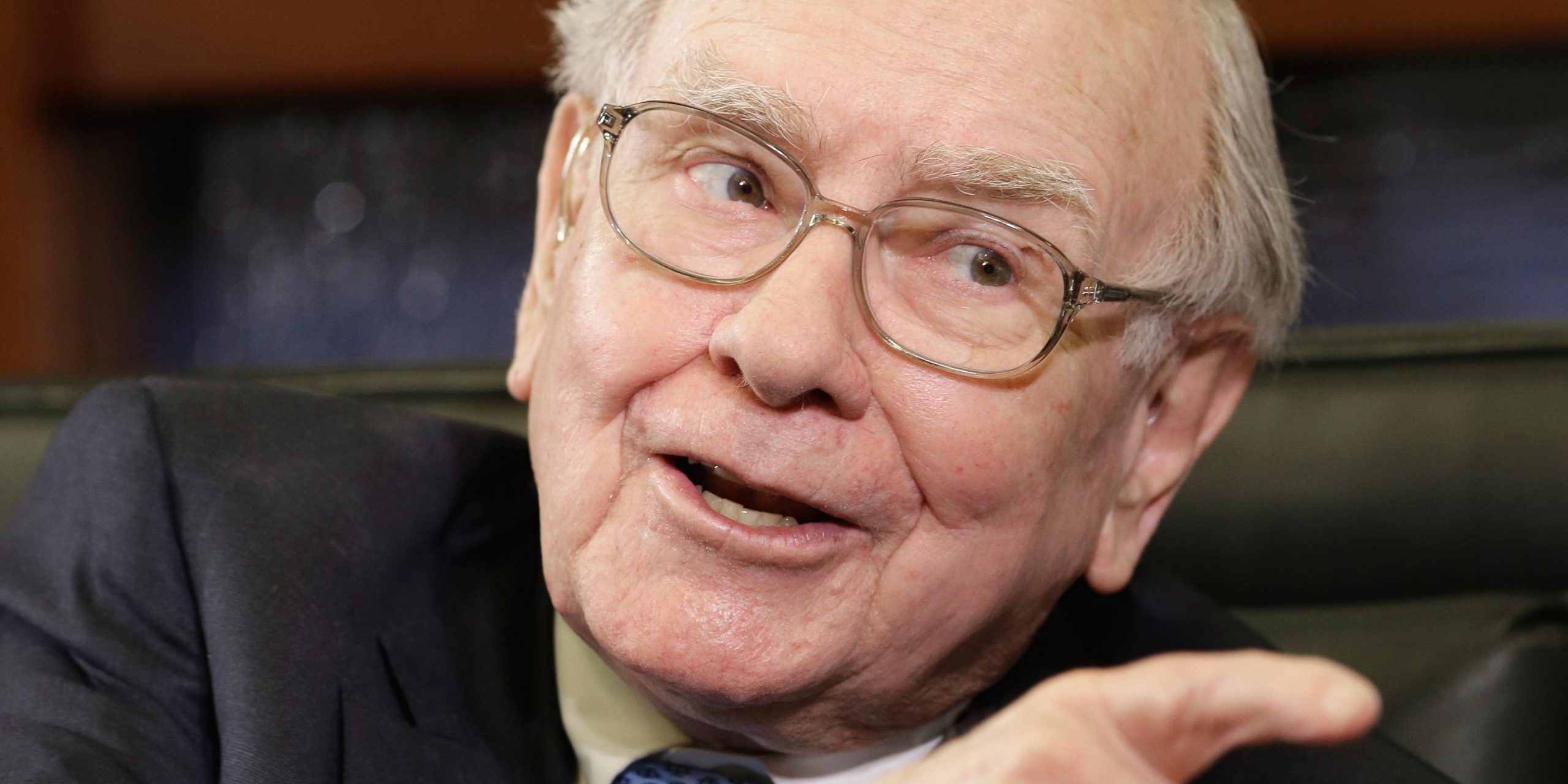
AP Images
- The billionaire investor Dan Loeb quoted Warren Buffett favorably this week after blasting the Berkshire Hathaway boss as a hypocrite back in 2015.
- “We highlight an observation from Warren Buffett: ‘Companies get the shareholders they deserve,'” the Third Point chief wrote in a letter to Disney CEO Bob Chapek.
- Loeb called out Buffett in 2015 for criticizing hedge funds, activist investors, financial institutions, and tax minimizers, despite acting similar to them.
- Loeb said at the time that Buffett “has a lot of wisdom” but that “we need to be aware of the disconnect between his wisdom and how he behaves.”
- Visit Business Insider’s homepage for more stories.
The billionaire hedge-fund manager Dan Loeb quoted Warren Buffett in a letter this week calling for changes at Disney. The Third Point chief slammed the famed investor and Berkshire Hathaway CEO as a hypocrite back in 2015.
Loeb, whose fund owned $613 million worth of Disney shares at the last count, advised CEO Bob Chapek to shelve $3 billion in annual dividends and plow the savings into Disney Plus, its direct-to-consumer streaming service. Business Insider obtained a copy of his letter to Chapek.
“We highlight an observation from Warren Buffett: ‘Companies get the shareholders they deserve,'” Loeb wrote, quoting Buffett’s 1979 shareholder letter.
"Disney deserves growth-minded, long-term oriented investors, and we believe that a strategy centered around using Disney's many resources to drive growth in the DTC business will further attract them."
Third Point declined to comment.
Loeb's use of a Buffett quote underscores his mixed feelings about the Berkshire boss, whom he tore into at the SkyBridge Alternatives Conference in Las Vegas in 2015.
"I love reading Warren Buffett's letters and I love contrasting his words with his actions," the activist investor quipped before adding, "He's a very wise guy."
"I love how he criticizes hedge funds, yet he had the first hedge fund," Loeb continued. "He criticizes activists, he was the first activist. He criticizes financial-services companies, yet he loves to invest in them. He thinks that we should all pay taxes, yet he avoids them himself."
Loeb added that Buffett "has a lot of wisdom" but that "we need to be aware of the disconnect between his wisdom and how he behaves."
Loeb made some valid points: Buffett ran "partnerships," or funds limited to a handful of investors, in the '50s and '60s, seized control of Berkshire Hathaway when it was a struggling textile company, counts American Express and Bank of America among his biggest holdings, and works hard to minimize tax payments.
Buffett, however, has showcased a long-term, hands-off approach in recent decades that sharply contrasts with the typical strategies of hedge funds and activist investors.
Moreover, he has donated almost half of his Berkshire Class A shares — worth about $72 billion at the current stock price — to charity, and pledged to give away more than 99% of his wealth.
Loeb may disagree with Buffett on some subjects, but he apparently views his argument that companies choose their shareholders as a compelling reason for change at Disney.

